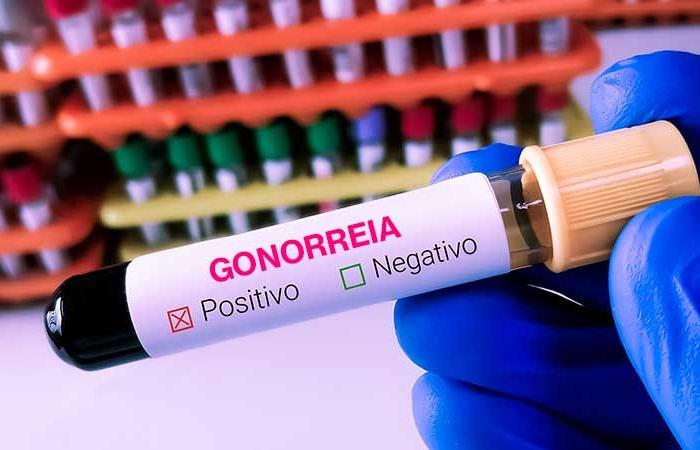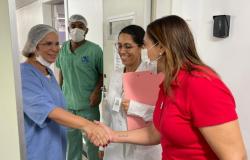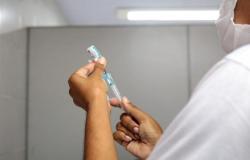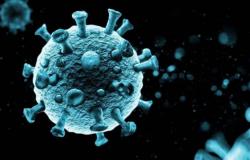Between 2021 and 2022, cases of gonorrhea reported in Portugal increased from 1,252 to 2,253. Data from the European Center for Disease Prevention and Control (ECDC) show that it is necessary to focus on improving the prevention of sexually transmitted infections, especially with the younger population. Find out what this infection is and what to do to protect yourself.
What is gonorrhea and what are the symptoms?
Gonorrhea is a sexually transmitted infection transmitted mainly through unprotected sex (vaginal, oral and anal sex) with an infected person. As a general rule, it is more likely to be transmitted from men to women than from women to men. There may also be transmission from mother to child during birth.
Symptoms in men
In men, infections in the urethra are the main manifestation of the disease. The most common symptoms include discharge from the urethra, pain and burning when urinating and pain in the testicles.
Symptoms in women
In women, infections tend to be located anywhere in the urinary tract and the most common symptoms include altered vaginal discharge, pain and burning when urinating and bleeding between menstrual periods.
To the infected women and men They may also have fever, manifestations on the skin and joints and infections in the throat, anus and rectum. In more serious cases, and if left untreated, gonorrhea can cause testicular infection, pelvic inflammatory disease, infertility, ectopic pregnancy or infection in the baby’s eyes (if the infected woman is pregnant).
Many cases of gonorrhea do not cause symptoms (especially in women), which is why it is important to carry out frequent screenings, especially if you change sexual partners. If there are symptoms, you should see your doctor. At the outset, the doctor will propose diagnostic tests and draw up a treatment plan or refer you for a specialist consultation.
To determine whether you are infected with gonorrhea, you will need to perform microscopic or laboratory analyzes using samples of urine or exudate from infected mucous membranes. At the same time, you should also be screened for other sexually transmitted infections (such as HIV, syphilis and chlamydia), as they often exist multiple sexually transmitted infections at the same time.
How is gonorrhea treated?
Gonorrhea can be treated with antibiotics. However, the bacteria Neisseria gonorrhoeae (which causes the disease) has become resistant to several antibiotics, which could become a threat to the reduction of infection.
If you are infected, treatment should begin as soon as possible to avoid the spread of the infection and the development of complications. During treatment, it is important to abstain from sexual intercourse, at least for as long as your doctor recommends.
If you have had gonorrhea, you may get the infection again. New sexual contact with people with this disease can lead to a second infection. In that case, it will have to be treated again.
How to prevent gonorrhea?
The most effective way to prevent sexually transmitted infections, such as gonorrhea, is to practice safe sex. Always use a condom. In the case of gonorrhea, the use of oral contraceptives is of no use in prevention.
Furthermore, if you are infected, you should inform your most recent sexual partners so that they can also seek treatment and prevent the spread of the infection. Get screened for sexually transmitted infections if you have a new sexual partner.






